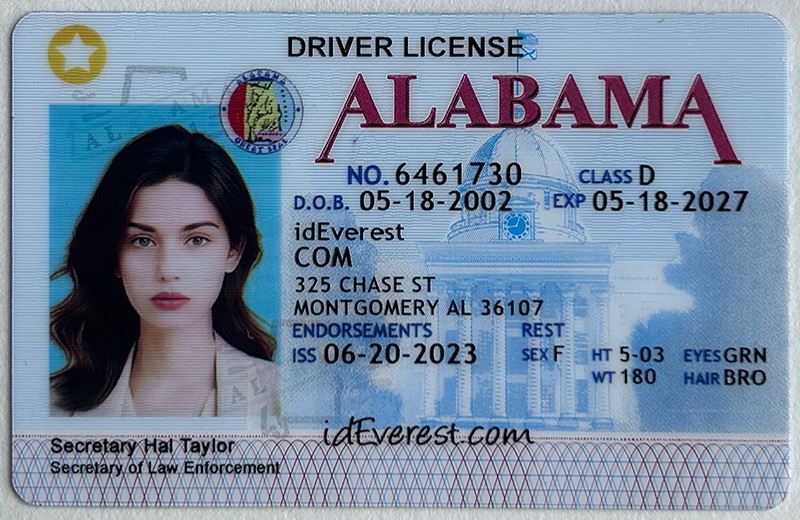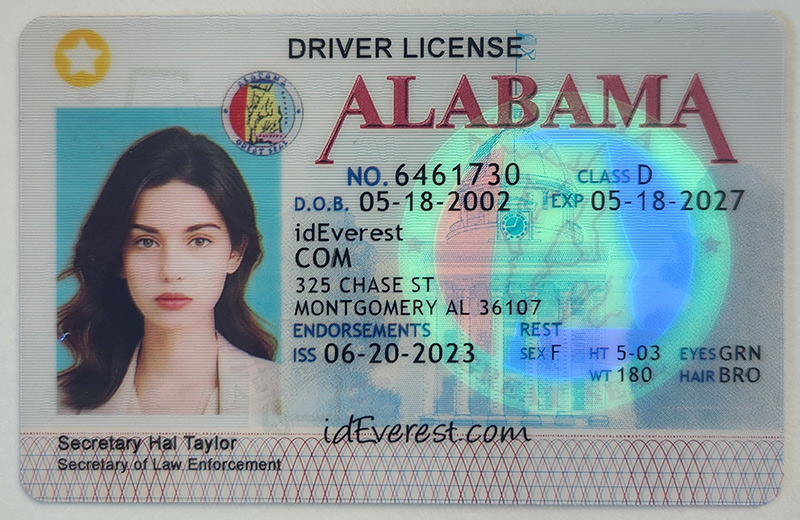Description
Argument
Products Description
Alabama Fake IDs: Exploring the Risks, Laws, and Consequences Fake identification cards, often referred to as fake IDs, have long been a subject of concern across the United States, including in Alabama. While the allure of a fake ID might be strong for individuals under 21 looking to purchase alcohol or gain entry to age-restricted venues, the risks associated with using or possessing such fraudulent documents are significant. This article will delve into the implications of using fake IDs in Alabama, the legal consequences, and the broader social and ethical considerations. ## The Prevalence of Fake IDs in Alabama Alabama, like many states, has seen a persistent issue with fake IDs, particularly among college students and young adults. With a vibrant nightlife and a significant number of college towns, the demand for fake IDs is notably high. However, what many do not realize is that the consequences of using a fake ID extend far beyond a simple night out. The production, distribution, and use of fake IDs is a serious offense, with legal ramifications that can have long-term impacts on an individual’s future. ## Legal Consequences of Using Fake IDs in Alabama Under Alabama law, possessing or using a fake ID is classified as a criminal offense. According to the Alabama Code § 13A-9-6, anyone who knowingly carries or displays a forged identification card with the intent to deceive or defraud can be charged with a Class C misdemeanor. This could lead to penalties including fines, community service, and even jail time. For those under 21, the use of a fake ID to purchase alcohol or enter age-restricted establishments is particularly risky. In addition to the potential for criminal charges, offenders may face consequences such as a suspended driver's license or additional fines. Moreover, having a criminal record, even for a misdemeanor, can affect future employment opportunities, educational prospects, and more. ## The Process of Acquiring a Fake ID The creation and distribution of fake IDs have become increasingly sophisticated with advances in technology. In Alabama, as in other states, these IDs often mimic real identification cards so closely that they can be difficult to distinguish from genuine documents without specialized training. These fake IDs are typically produced through online vendors, many of whom operate internationally, making it challenging for law enforcement to track and shut down these operations. However, the purchase of a fake ID is not without its own risks. Online scams are rampant, and individuals seeking to buy a fake ID may find themselves victims of fraud, losing money or having their personal information stolen. Additionally, law enforcement agencies frequently monitor these online vendors, and purchasing a fake ID can lead to significant legal trouble. ## The Broader Implications of Fake IDs Beyond the immediate legal consequences, there are broader social and ethical issues associated with the use of fake IDs. For one, the use of such IDs undermines the integrity of laws designed to protect public safety, particularly laws regarding the legal drinking age. These laws are in place to reduce alcohol-related accidents, injuries, and fatalities among young people—a demographic particularly vulnerable to the effects of alcohol. Furthermore, the use of fake IDs can contribute to a culture of dishonesty and deceit. It normalizes fraudulent behavior, which can have a corrosive effect on an individual’s character and decision-making in other areas of life. For some, the use of a fake ID may be a gateway to other illegal activities, creating a slippery slope that can lead to more serious criminal behavior. ## Efforts to Combat Fake IDs in Alabama Law enforcement agencies in Alabama are actively working to combat the issue of fake IDs. Regular sting operations are conducted at bars, clubs, and other venues to catch those using fake IDs. Additionally, Alabama has implemented new technologies in its official ID cards, including enhanced security features that make it more difficult for fake IDs to pass as legitimate. Educational campaigns are also in place to inform young people about the risks and consequences of using fake IDs. These initiatives aim to discourage the use of fake IDs by highlighting the legal penalties and the potential long-term impact on an individual’s life. ## Conclusion The use of fake IDs in Alabama is a serious issue with far-reaching consequences. While it might seem like a minor offense to some, the legal, social, and ethical implications are significant. Individuals caught with fake IDs can face criminal charges, fines, and a tarnished record, which can affect their future opportunities. Moreover, the use of fake IDs undermines the integrity of laws designed to protect public safety. As technology continues to advance, the battle between those creating fake IDs and those working to prevent their use will likely continue. However, the best course of action for individuals is to avoid the temptation altogether and adhere to the law. The short-term benefits of using a fake ID are far outweighed by the potential long-term consequences.

This article explores the issue of fake IDs in Alabama, addressing the prevalence, legal consequences, acquisition process, and broader implications, while emphasizing the importance of adhering to the law.
Tags: alabama fake id alabama fake ids Alabama Alabama ID
You like

Maine Fake ID
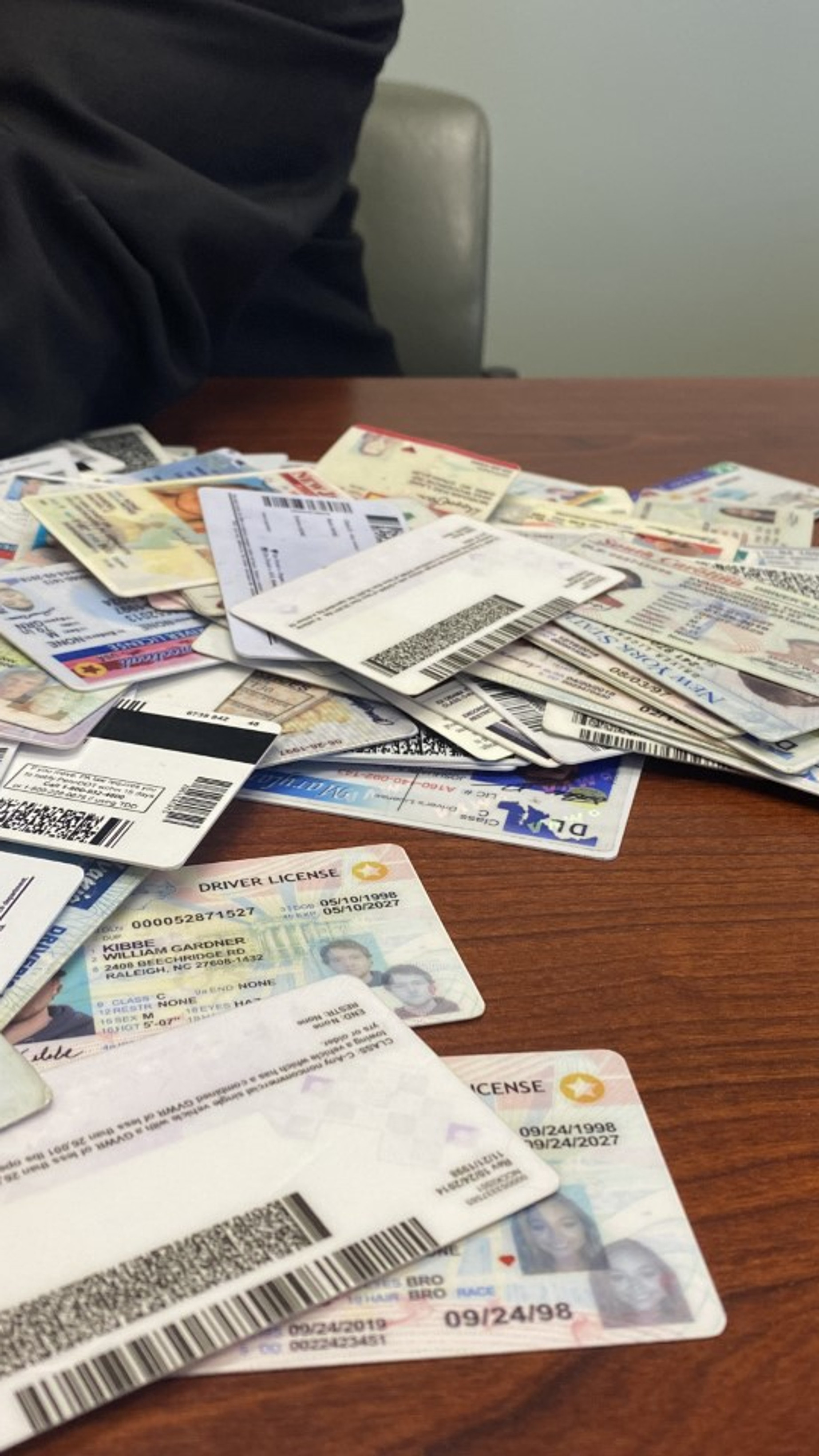
Idaho Fake ID
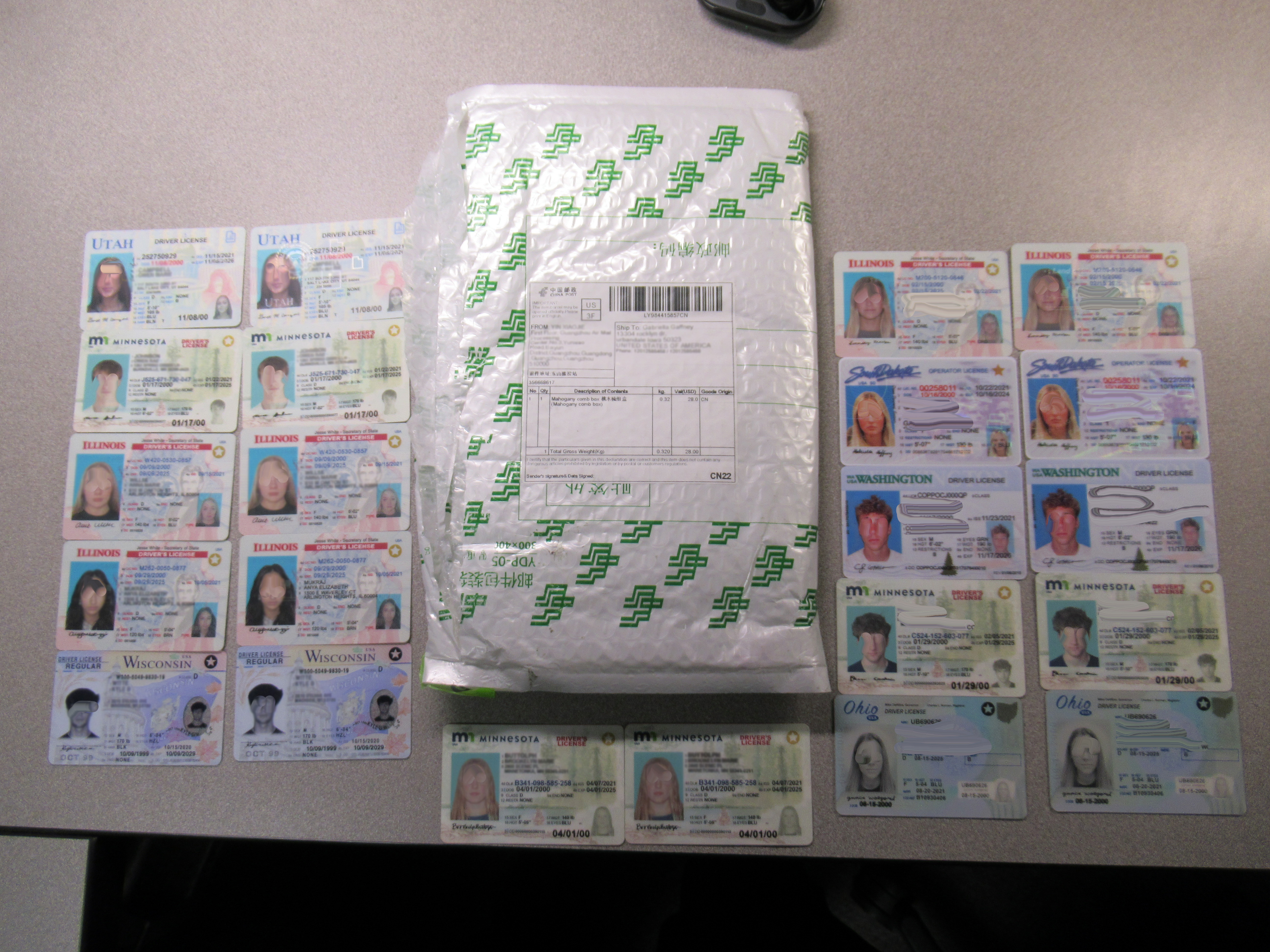
Nebraska Fake ID
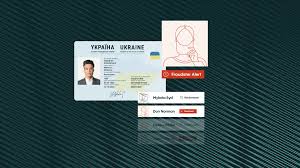
Is it worth it to get a fake I

